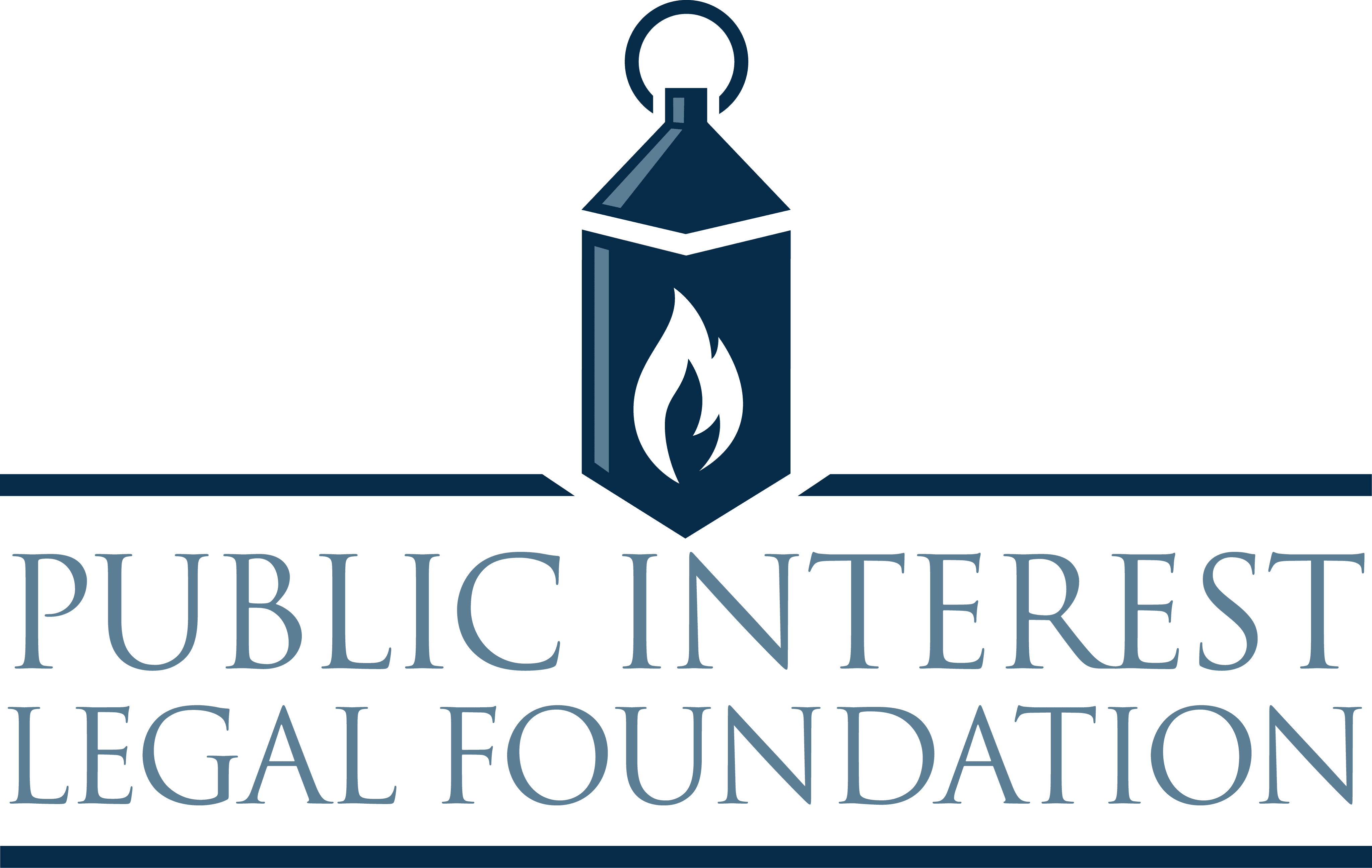The Court Must Uphold First Amendment Rights
(Alexandria, VA) – April 26, 2021: Today, the Supreme Court of the United States is hearing oral arguments in the cases of Americans for Prosperity Foundation v. Becerra and Thomas More Law Center v. Becerra. The central issue in the case is the constitutionality of California’s requirement that tax exempt charities disclose their financial donors. The Public Interest Legal Foundation (PILF) filed a merits brief in support of Americans for Prosperity and the Thomas More Law Center.
The brief outlines the importance anonymity has played throughout American history starting with our revolutionary and founding documents including the Federalist papers. Mandated disclosure hampers First Amendment rights of freedom of association. State governments should not have the power to demand lists of supporters of groups in the public square. Individuals must be free to give anonymously and without fear of retribution from those with opposing viewpoints.
The brief details six examples in recent history of efforts to disclose donor information in order to engage in personal attacks. More information on the examples is below.
- National Organization for Marriage – In March 2012, the organization learned its unredacted 2008 Schedule B was posted on an opposing group’s public website. The IRS later admitted to “improperly” releasing the document to a private individual contrary to federal law.
- The IRS Targeting Scandal – Conservative groups targeted by the IRS during their application process were subjected to unnecessary questions including for names of donors.
- Friends of Abe – Politically-conservative Hollywood figures seeking fellowship in an anonymous fashion faced a demand from the IRS to effectively reveal their member roster.
- The Public Interest Legal Foundation – the League of United Latin American Citizens sued the Foundation and sought access to donor information, the court declared these efforts a “waste of time.”
- Chick-fil-A – The fast-food chain has come under fire for charitable contributions and has even faced efforts in some areas to stop the opening of new restaurant locations.
- Competitive Enterprise Institute/U.S. Virgin Islands – In April 2016, the CEI was subpoenaed by USVI Attorney General Claude Walker for a decade’s-worth of internal records, including donor information. The demand was eventually withdrawn.
Additionally, donor disclosure is also used to engage in personal attacks in the election context. The brief delves into five recent examples. More information is below.
- California’s Prop 8 – Opponents of Prop 8 utilized public disclosures of supporters’ information to compile online maps detailing private homes and places of business.
- Will & Grace – Cast members for the NBC comedy took to Twitter in August 2019 and demanded that lists of attendees to a President Donald Trump fundraiser be revealed due to the public’s “right to know” their identities.
- Rep. Joaquin Castro (D-TX) – Shortly after a mass shooting in El Paso, Texas, the congressman published a list of San Antonio-area donors of the Trump re-election campaign, saying they “fuel” hatred toward Hispanics, hinting to a shared causality with the tragic event.
- Michigan Chamber of Commerce – A local organization executed an ad campaign featuring members of the MCC’s executive board, accusing them of running a “dark money” effort to prevent redistricting reform. Social media promoters and commenters opined about the need for a guillotine, firing squads, and the general sense how violence “can be used for good.”
- SoulCycle – After a company investor hosted a fundraiser for President Trump, a boycott effort substantially drove down attendance to training sessions.
“We hope that in hearing these arguments today, the justices recognize that disclosure of donors for controversial issues will have a severe chilling effect on free speech and association rights,” said PILF President J. Christian Adams. “Disclosing donor information will put these donors at risk and will cause many to face threats and acts of retaliation from opposing groups. It is critical that the Court strike down this California law.”
Public Interest Legal Foundation (PILF) is a 501(c)(3) is the nation’s only public interest law firm dedicated wholly to election integrity. The Foundation exists to assist states and others to aid the cause of election integrity and fight against lawlessness in American elections. Drawing on numerous experts in the field, PILF seeks to protect the right to vote and preserve the Constitutional framework of American elections. PILF has brought lawsuits and won victories in Texas, Mississippi, North Carolina, Virginia, Maryland, Pennsylvania, Michigan, and across the United States.
###

